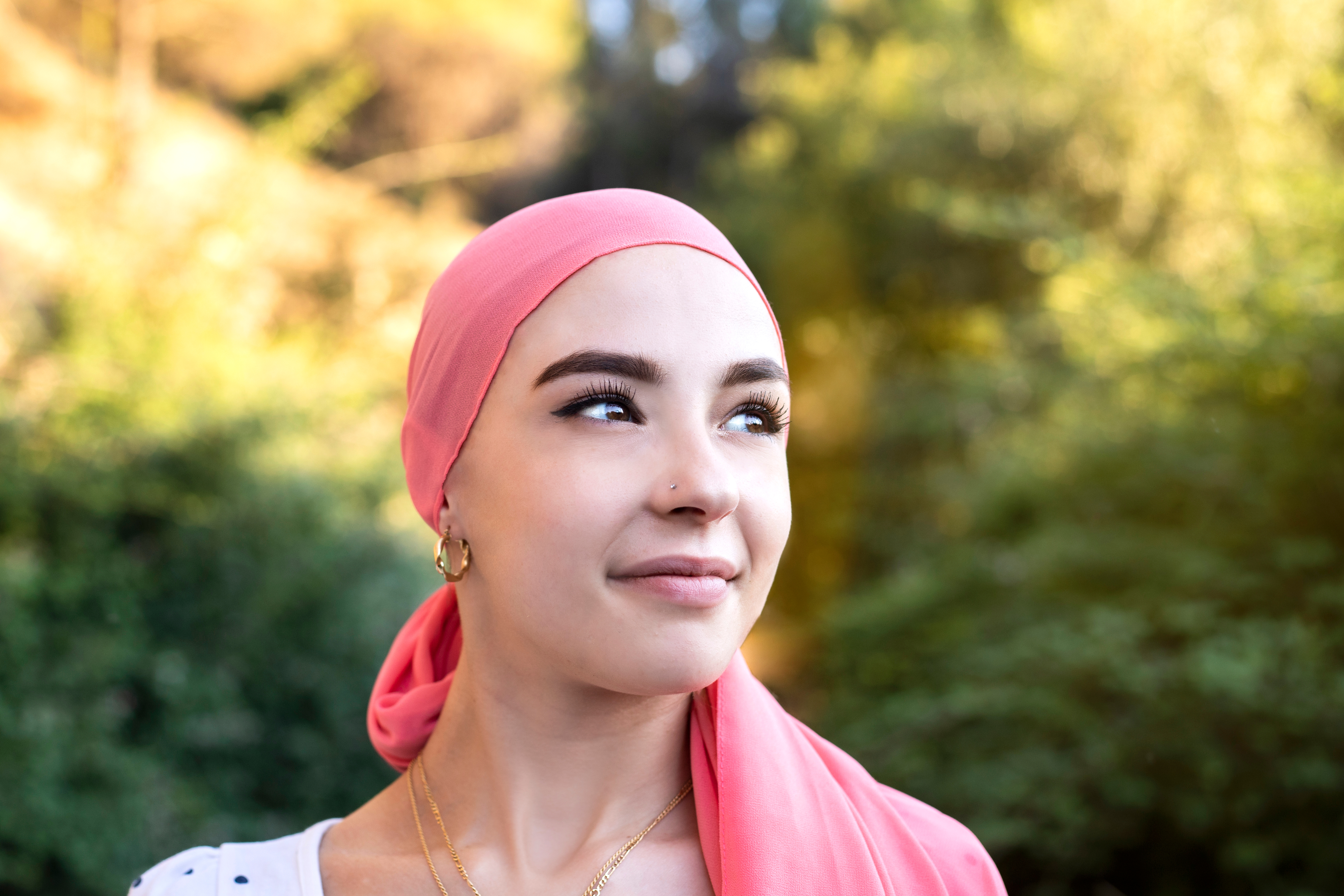More Than a Diagnosis: Understanding the Emotional Aspects of Breast Cancer
A breast cancer diagnosis affects more than just the body. Learn how oncology counseling can help patients manage stress, navigate emotions and find support throughout every stage of treatment and recovery.
October is Breast Cancer Awareness Month, and at CU Medicine, we are highlighting an important but often overlooked part of cancer care: emotional health. Erin Baurle, PsyD, an oncology counselor at CU Medicine Medical Oncology – Cherry Creek Medical Center, works with patients facing cancer-related emotional challenges.
Baurle guides us through how the only integrated team of oncology counselors in Colorado is supporting patients with cancer-related psychological and social concerns. Through counseling, group therapy and educational classes, this team is helping patients struggling with their mental health after a cancer diagnosis.
Emotional distress during breast cancer
A breast cancer diagnosis is understandably overwhelming. Research shows that up to 50% of people diagnosed with cancer will experience significant mental health symptoms during their cancer journey. Younger patients and those with more advanced disease are at even higher risk.
Distress can take many forms, including:
- Anxiety and worry
- Difficulty sleeping
- Irritability or tearfulness
- Depression
- Trouble making decisions
Emotional needs also change over the course of treatment:
- At diagnosis: Many patients feel shocked and uncertain. Having more questions than answers can fuel anxiety.
- During active treatment: Physical side effects often increase, but some patients feel comfort in “doing something” about their cancer. Social support is usually strong at this stage, though many patients struggle with being unable to work or fulfill family responsibilities as usual.
- After treatment: This period can bring new challenges. Support may lessen, while patients are often processing what they went through for the first time. It’s common to seek counseling after active treatment ends.
- With advanced breast cancer: Patients on long-term treatment often face ongoing uncertainty, reevaluating priorities and learning to live with cancer. Loved ones may not always know how best to provide support, which can add to distress.
When to seek help
As part of national cancer care standards, all breast cancer patients at CU are screened for distress at their first oncology visit and for depression at each follow-up.
You may benefit from oncology counseling if you are:
- Having trouble sticking to your treatment plan
- Struggling to participate in daily activities
- Experiencing sudden mood changes
- Finding it difficult to cope day to day
Patients can self-refer or request a referral from their oncology team.
If you or someone you love is thinking about suicide or self-harm, call or text 988 immediately to connect with the Suicide & Crisis Lifeline.
What oncology counseling offers
Your first visit includes a discussion of your concerns and treatment options. Ongoing support may include counseling every two to three weeks, either in person or by telehealth.
Evidence-based approaches include:
- Cognitive behavioral therapy (CBT)
- Acceptance and commitment therapy (ACT)
- Mindfulness-based stress reduction
- Dialectical behavioral therapy (DBT)
Counselors may also recommend support groups or connect patients with psychiatry for medication management if needed.
Because exercise is a proven way to improve mood and reduce stress, providers often encourage patients to add movement into their routine. CU’s BfitBwell cancer exercise program is one option. Counselors also review sleep habits, nutrition and social connections to help improve overall quality of life.
Supporting your emotional health
Taking small steps each day can reduce stress and build resilience:
- Practice daily relaxation techniques, such as deep breathing or guided meditation.
- Create a routine by pairing relaxation with daily activities—like taking five deep breaths every time you stop at a red light.
- Connect with national breast cancer organizations for added support.
- Share your emotional experiences with loved ones when you feel able — it can reduce stress and strengthen relationships.
- Try journaling to process emotions. Writing down your feelings, even briefly in your phone’s notes app, can help you move forward.
You are not alone
Emotional distress during and after breast cancer treatment is common, but it is treatable. The team of oncology counselors at the University of Colorado is uniquely equipped to help patients manage the challenges of cancer — beyond the physical diagnosis.
Learn more
At CU Medicine Medical Oncology – Cherry Creek Medical Center, patients not only receive counseling but also have access to a full team of cancer specialists, including nurses, navigators, social workers, dietitians, genetic counselors, financial counselors and massage therapists.
If you are a CU patient and would like to refer yourself to oncology counseling, call 720-848-9266.
For information on therapy and support groups, visit: UCHealth Cancer Support Services.
Erin Baurle, PsyD, is an Associate Professor in the Division of Medical Oncology at CU. She is the Medical Director of Oncology Counseling and Co-Director of the Psychosocial Oncology Fellowship. She provides patient care at CU Anschutz virtually and CU Medicine Medical Oncology UCHealth Cherry Creek Medical Center.


